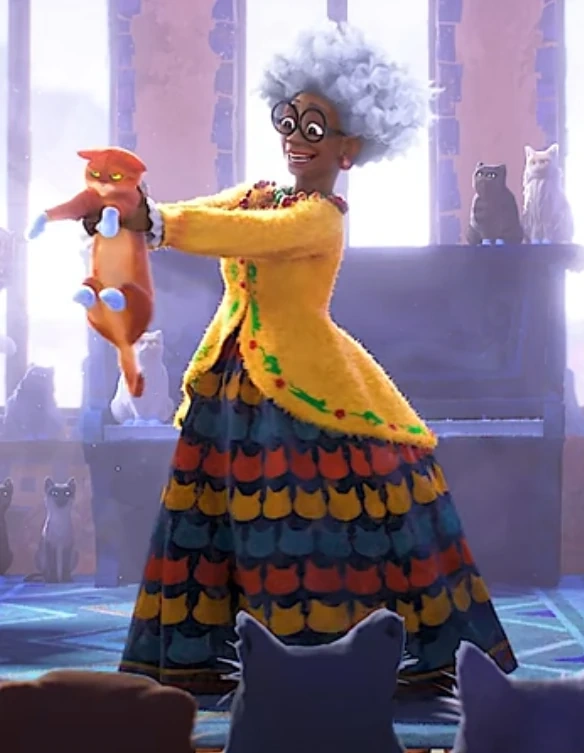When it comes to journalism at WCHS, there are a few things to keep in mind. So, for the last article that I write for this class, I decided to write a guidebook to help future journalists at WCHS after me.
Number 1:
Have a good idea for brainstorming. When I first began writing for this class, I tended to find the easy topics to write about instead of the ones people truly cared about. This included writing listicles about the best type of something or writing an opinion piece on a topic that wasn’t timely or relevant. However, this was not an effective way to get published, so I decided to find issues that truly mattered to the WCHS community. I’ll be blunt: WCHS students don’t really care to read about the lack of parking spots for students and teachers anymore or AP exams changing one way or another; instead find new topics that people haven’t even thought of.
Now, we talk a lot about making sure our articles are relevant and timely,, which often happens when an idea that is said for brainstorming isn’t. To fix this, make sure to listen to morning announcements to find out what’s happening in the WCHS community, or even at home, watch the news on TV to see what’s happening in the real world. All I’m trying to say is make sure you find an idea for brainstorming that is relevant and timely, interesting to those reading it (WCHS staff, students and families), and sets you up for success.
Number 2:
Find your quotes early. Something that happens too often that makes articles late is that people procrastinate on quotes. For print, getting quotes on time is crucial to get an article through editors on time to get published. While online is not as strict of a deadline, it is still essential to get quotes as soon as possible since chances are the article will only be as timely if the quotes are on time. While waiting to get quotes could work for someone getting quotes from a friend, asking teachers for quotes can get tricky depending on their availability. An excellent way to stay ahead is by immediately speaking to teachers, administrators, students or whoever you need as soon as your article idea gets approved.
Number 3:
Utilize your class time. Once Zitnik’s done making her announcements, chances are that you will be given a lot of free time during class. This is a great way to get your article, photos/captions and quotes done, making writing the article easier in the long run. If you are writing an article that needs a quote from a teacher, during your journalism period, find the teacher and see if they have time for an interview. If they cannot do it then and there, you can at least talk to them and plan when to come back.
Number 4:
Talk to everybody in the journalism class. Since this class is an elective for your whole high school career, you will want to become friendly with everybody in the class. Especially since you will all be in the same class for however long you take it and you know you all have something in common: writing!
It may seem awkward at first to talk to people whether they are in your grade, a year below, or a year above. Still, everyone should be willing to talk to each other to collaborate on the newspaper or have a normal day-to-day conversation.
Number 5:
This is the last piece of advice I will leave everyone with, but I think it’s the most important: feel free to have fun in this class. The entire journalism team is working toward one goal: to write a good and successful school newspaper, so why not have fun while you do this? There will be bonding activities and class parties that are honestly pretty fun/entertaining, so make sure you attend these and talk to everyone at them. Sometimes the bonding games can get competitive, making it even more fun, so go to those.
By following my guidance, future WCHS journalists can pave the way for a successful and fulfilling experience in the world of reporting and storytelling. So, to these WCHS journalists, take my advice and carry it with them throughout their journey in the Observer.















